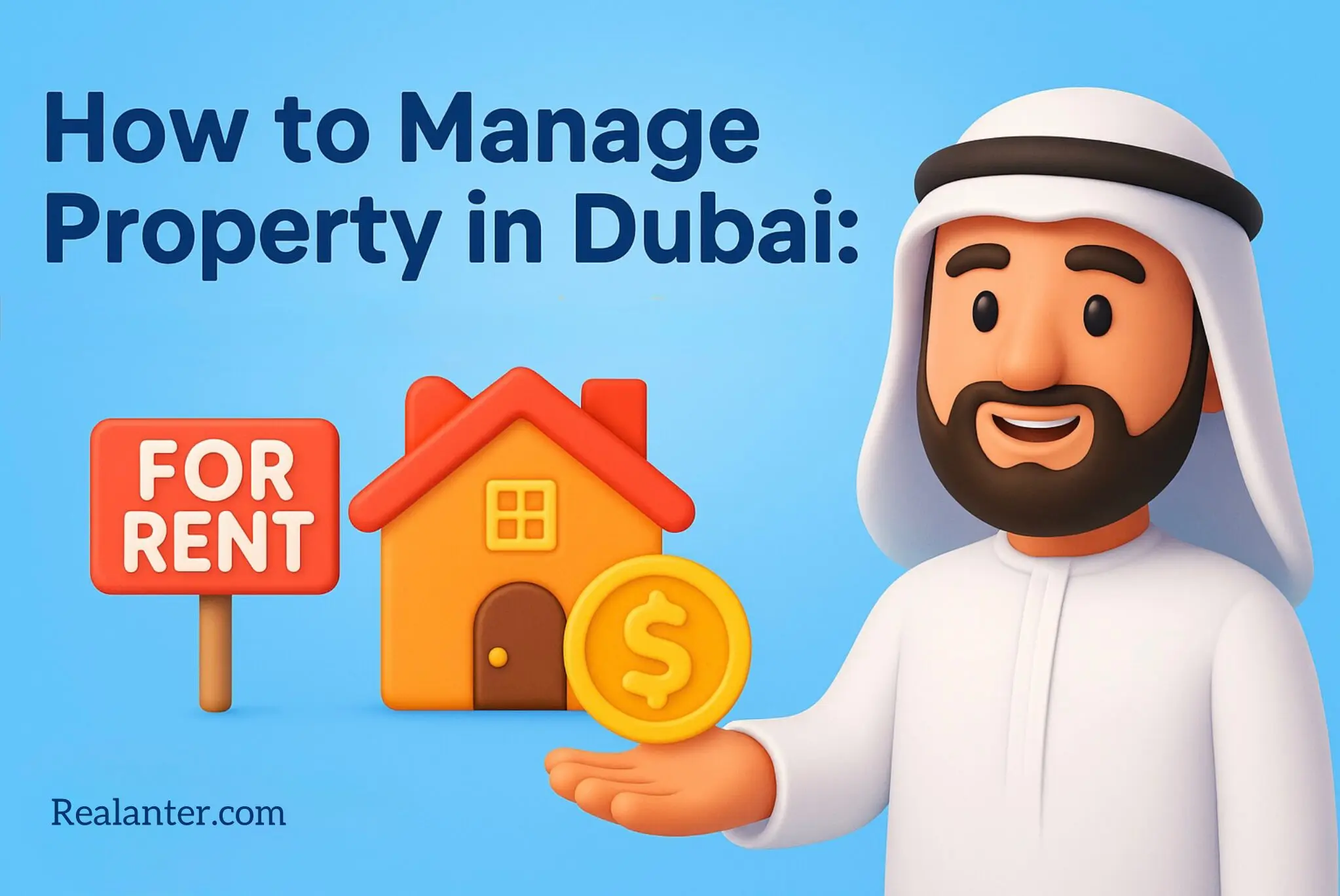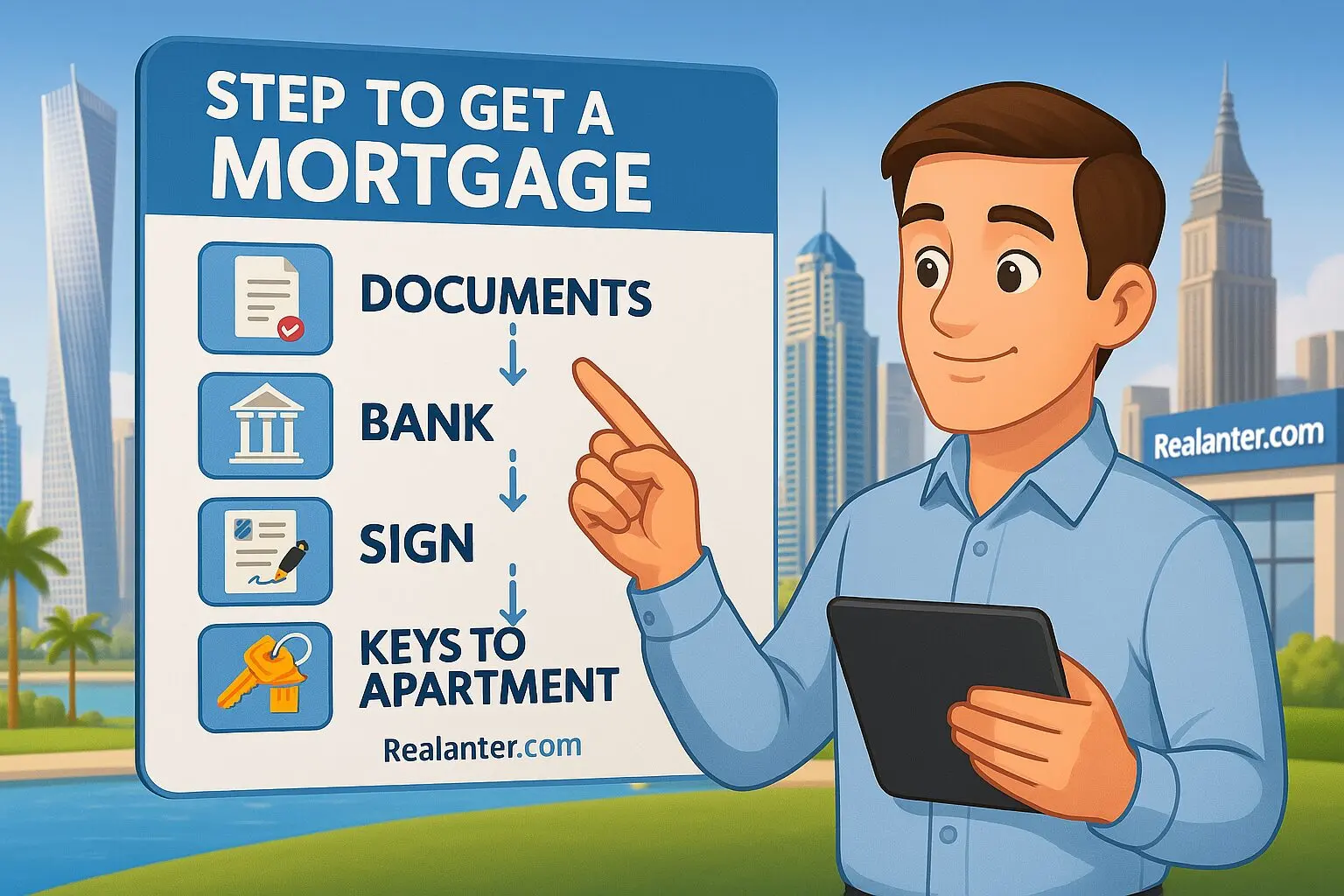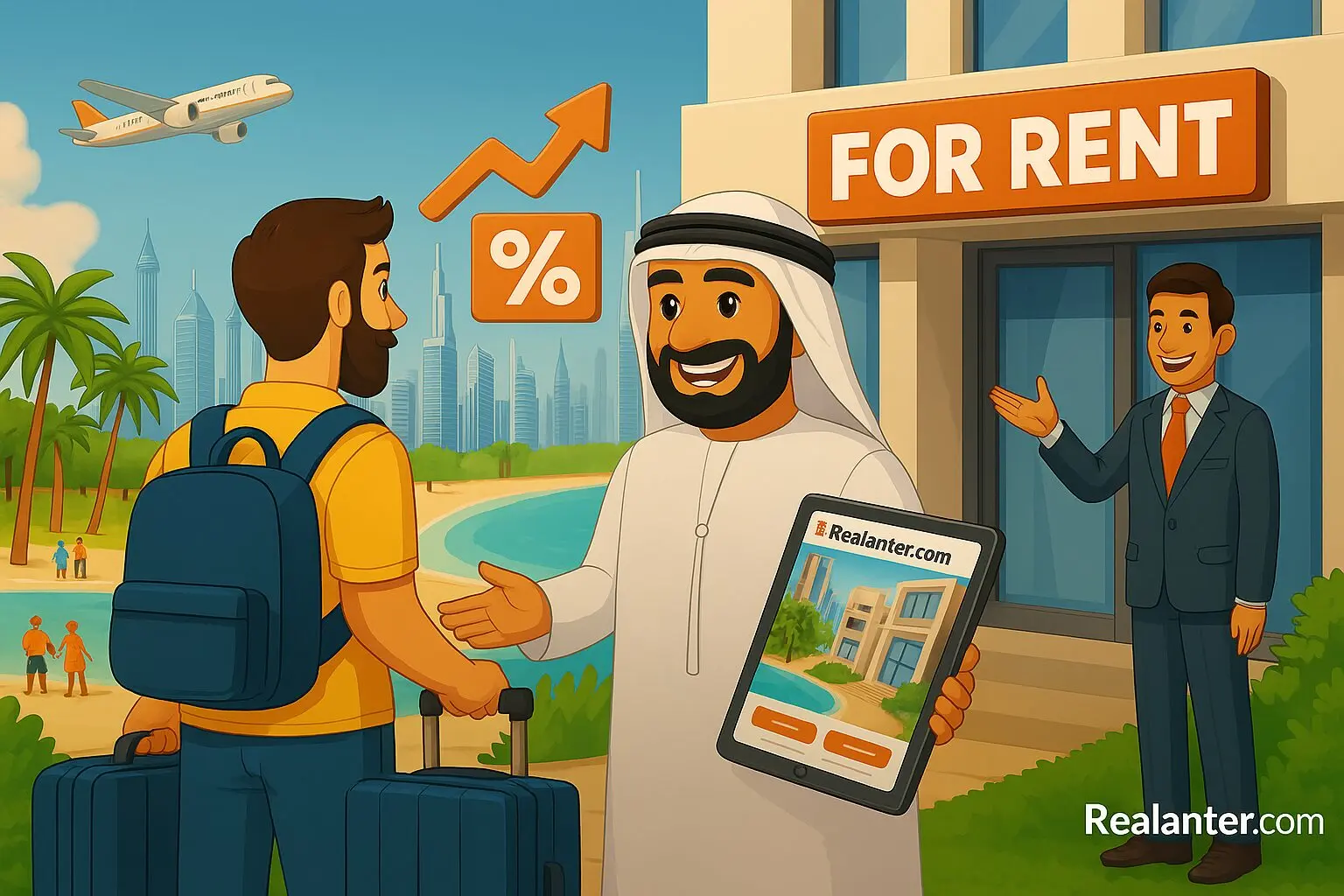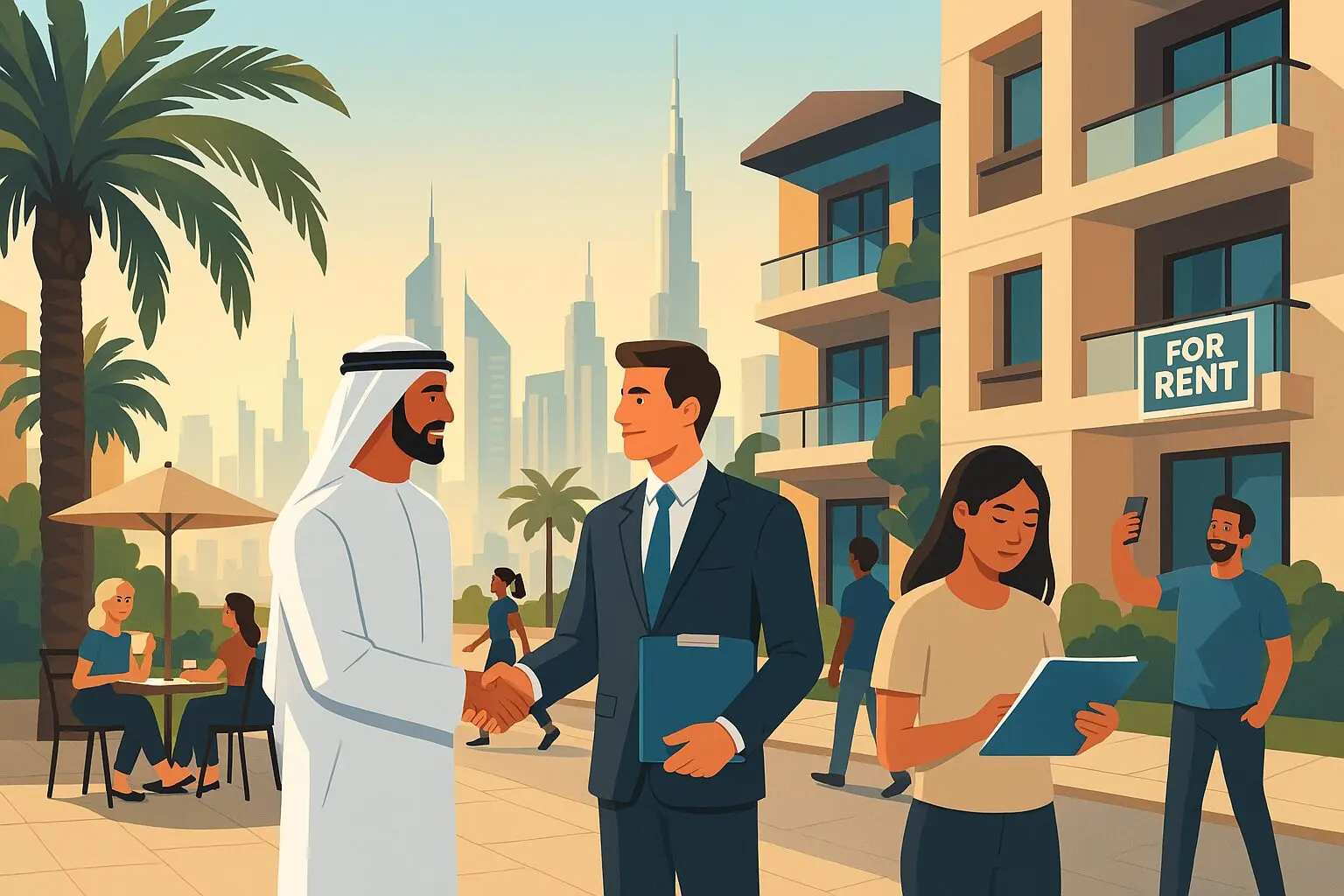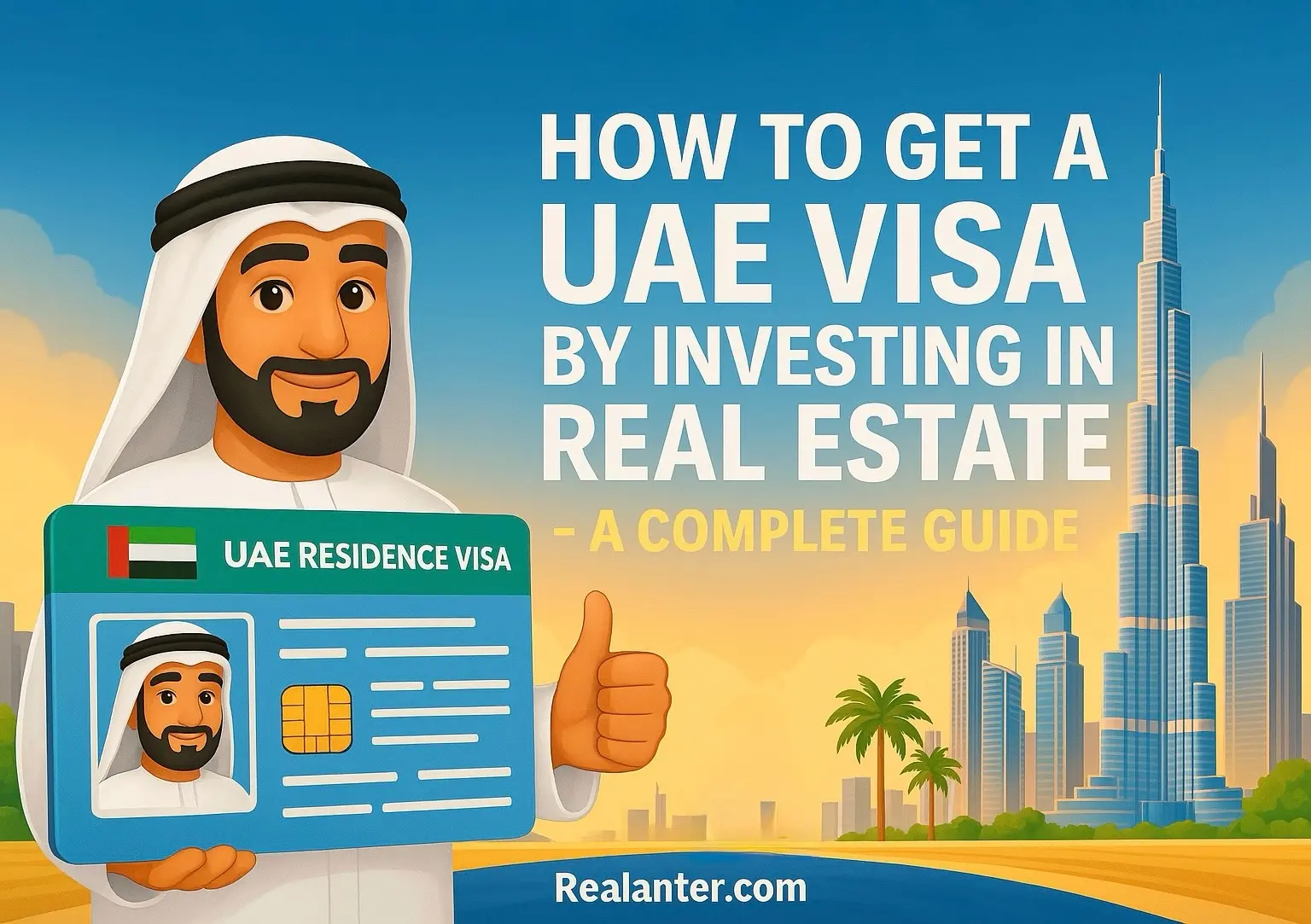Dubai is home to exotic investments around the world and there are many locals and foreign investors reaping from their owned properties in Dubai. When properties are got and managed remotely, it is essential to think strategically concerning the handling of rent, repairs, and tenant administration.
1. Use a Trusted Property Management Company
Hiring property management companies in Dubai that remotely owns a property implies handling everything concerning tenant screening, rent collection, maintenance coordination, and legal compliance. For example, Provident Estate is a top property management industry in Dubai whereby customers can apply for tenant management, financial reporting, legal guidance, etc. Fees usually fall in the range of 5 to 20% of rental income, depending on how much is included in the specific service.
Company reduce vacancy rates through 15-20% of occupancy due to proactive retention strategies and pricing on market-driving conditions. The regular market analysis, for example, pays off to adjust rents competitively and keep properties occupied. Also, their legal expert helps understand Dubai’s Real Property Regulatory Agency (RERA) requirements to have as fewer risks in fines or disputes.
2. Use Digital Property Management Tools
Automate income collection, roi tracking, and communication with tenants using Buildium or Rentec Direct. E-signature systems from Dubai Land Department permit remote signing of tenancy contracts, while apps such as PandaDoc enable easy e-lease with tenants.
Portray security with smart home technology such as CCTV and smart locks. Easily monitored through mobile applications, those are available as property management Dubai inputs worldwide.
Real-time financial dashboards and an online tenant communication portal are features of digital property management software like Property Matrix.
Digital property management Dubai software streamlines workflows and enables tracking payments, maintenance requests, and tenant interactions by owners from afar. Post-pandemic, 65% of property managers in Dubai adopted virtual inspections for immediate reduction in economic operations, thereby enhancing the efficiency of managing properties remotely.
3. Learn About Dubai’s Rental Laws
Dubai’s laws concerning rental agreements as regards their eviction and dispute resolutions fall under the Real Estate Regulatory Agency (RERA). For instance, the limits for increases in the rent range between 5 and 20% within corresponding market rates, while the landlord must give 90 days’ notice for any lease terminations. The fines may reach AED 100000 ($27,225) for such infringement.
Thus, all tenancy contracts must be electronically registered under RERA’s Ejari system to maintain transparency and legality.
Foreign owners are also expected to comply with Dubai Municipality directives regarding property maintenance, such as providing fire safety equipment and pest control services. These regulations must be understood to evade penalties and secure tenants’ confidence.
4. Automated Rent Collection
In the UAE, Bayut and such other platforms are synced with banks to establish a seamless import of payments for rent collection. Emirates NBD and Mashreq Bank have accounts for landlords where they could have an automated payment reminder to reduce 30% late payments. Remote rental management Dubai platforms such as JustProperty allow owners to open property listings and manage inquiries off-scen.
Automated systems would eliminate the need for manual follow-up and as such guarantee consistent cash inflow. As for short-term renting, such as Airbnb, owners would track their occupancy rates on platforms like AirDNA to dynamically adjust rates.
Bayut also allows direct communication with tenants to facilitate renewals of leases and dispute resolution, where tenants can file complaints about maintenance directly from the platform to automatically route it to the relevant property manager.
5. Conduct Virtual Inspections
Install such programs as Zoom, and Microsoft Teams to hold quarterly video inspections and determine the condition of the properties.
Property management companies in Dubai like Deluxe Holiday Homes have 4K virtual tour functionality and AI-powered damage assessment tools.
In the post-pandemic time, the majority, that is 65 percent, of property managers in Dubai made virtual inspections as part of the operation gains.
This is because it enabled some owners to report and determine a problem quickly – it could be leaky faucets, dry-wall fractures, etc. They don’t necessarily have to go out to fix it all the time.
AI, for instance, can analyze results of the population growth and faults leading to electrically dysfunctional developments, prompting it for immediate action.
Furthermore, Deluxe Holiday Homes also committed to timestamped reports, which account for management. Virtual inspections save time and costs compared to physical visits that often go far, if not miles divided by some third-party co-ordination.
6. Tenant Screening First
Tenant screening is a key risk minimization tool.
One type of Dubai-based agency is Manage My Property (MMP), which conducts credit and employment checks and makes reference calls. According to MMP, rigorous vetting processes have resulted in a 98% tenant retention rate.
Tenant screening apps such as Checkr will do background checks and provide instant reports.
Stressed foreign owners should put a premium on finding tenants who have a reliable income, an otherwise clean credit history, and references they can contact. Keeping them out of subletting in the contracts again reduces liability.
A good example is the verification done by MMP, where bank statements and employment letters are involved in checking tenants’ paying ability for the rent. RERA guidelines further stipulate tenant screening so as not to allow illegal subletting, which subjects someone to fine.
7. Maintenance Coordination in Streamlined Style
Pair up with groups like ServiceMarket and have them on duty all the day and night-long service maintenance. They coordinate repairs, deep cleaning, and pest control all through vetted contractors to ensure effective service delivery.
Pre-negotiate the services portfolios so that the costs wouldn’t be sky-high at emergencies. Preventive maintenance is bound to eat up repair costs by about 40% while improving the longevity of any property.
One example is preventive servicing for HVAC scheduled every 12 months to avoid breakdowns during peak months of summer. Remote owners can track the maintenance progress activities on apps like Mainteny, which also provides immediate quotes and updates from contractors as well.
8. Optimize Rental Pricing
Property Monitor is an example of a data analytics tool to compare rents against somewhat similar properties. In the case of short-term rentals (i.e., Airbnb), expect occupancy rate forecasts from AirDNA.
Apartments in Downtown Dubai yield an ROI of 7-9% annually, while villas at Palm Jumeirah yield about 5-7%.
Adjust the price according to seasonal demand—higher rates during Expo events and holidays. Dynamic pricing does the job automatically: Many algorithms make price adjustments so that optimum returns can be achieved without manual intervention. For instance, AirDNA partners with Airbnb to measure demand peaks and set nightly rates accordingly.
9. Invest in Smart Home Technology
Installing smart thermostats, leak detectors, and energy-saving appliances cuts utility costs. Bundled packages are available from property management companies in Dubai such as Smarter Rentals, starting from AED 2,500/month (USD $680) and usually reducing the consumption of water and electricity by 25%.
Biometric smart locks assure that no one may duplicate the keys. Motion sensors as first-line deterrents against intruders. For owners abroad, energy consumption can be monitored remotely and settings adjusted through an app such as SmartThings.
Such properties remain energy-efficient even while vacant. Smart home technology also increases the attractiveness of these properties to renters, especially among the emerging crop of tech-savvy tenants willing to pay higher rents.
10. Keep on Top of Current Trends in the Market
Register for Dubai Land Department (DLD) alerts on regulatory updates. Follow market analysts such as Chestertons MENA for reports on remote rental management Dubai returns and new investment areas in places such as Dubai South.
Dubai South, an upcoming logistics and aviation hub, is expected to accommodate half a million residents by the year 2030; thus, there will be a major demand for affordable housing.
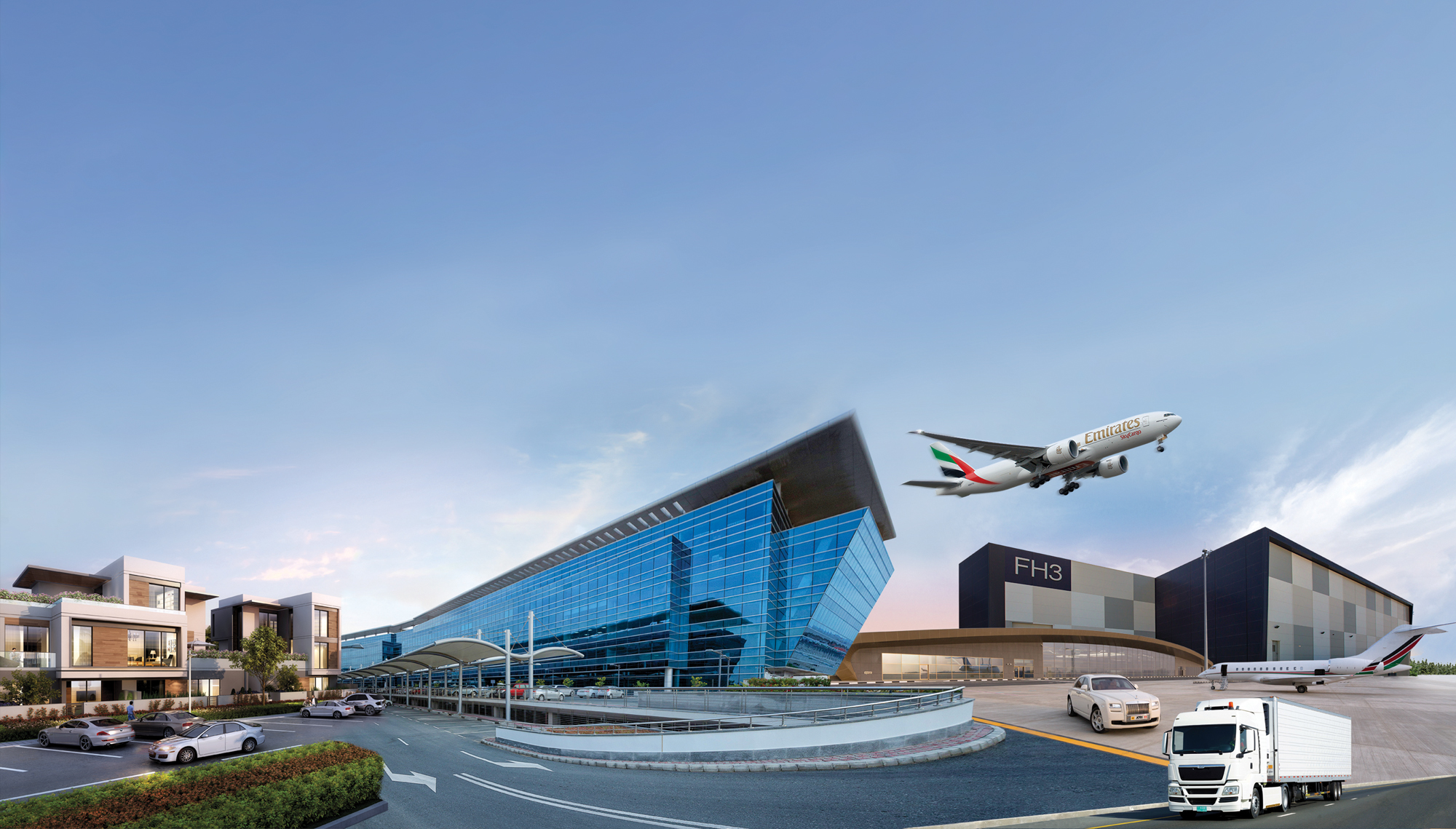
Staying tuned will help owners strategize on altering their market approaches, say to long-term leases in such growth areas. This is contrasted against tracking growth areas such as co-living spaces that target young professionals. Chestertons MENA tracks this as well.
11. Use Short-Term Lease Rental Platforms
Short-term rental platforms such as Airbnb are changing how property owners conduct short-term leases in Dubai. These platforms permit owners to list their homes, available on a flexible basis, for tourists, business travelers, and digital nomads in need of temporary accommodation.
One of the most lucrative locations for short-term rentals in Dubai is its strategic positioning as a global business hub with an equally vibrant tourism industry.
As reported by AirDXB, short-term rentals in Dubai have seen occupancy rates around 90%, meaning they are likely in high demand as holiday destinations.
Legal services for landlords are available for those who wish to rent a property on a short-term basis have to present a permit from the Department of Tourism and Commerce Marketing (DTCM) for legal renting. Legalizing compliance with local regulations and assisting owners to rent out their properties as holiday homes are some of the benefits that this permit has to offer.
With Airbnb, property owners can make high use of the various integrated tools that advocate for price adjustments, guest communication, and reviews.
For instance, owners could use AirDNA for detailed analytics on occupancy rates and revenue forecasts in optimizing their listings with a focus on profitability.
12. Calculate Hidden Costs
Budgeting to manage a property from afar in Dubai includes partaking careful calculations with respect to potential hidden costs that might snatch profits away. Indeed, it is tempting to regard the rental income on paper; however, if service charges, maintenance fees, and insurance premiums are not budged, the biggest slice of net earnings can be cut down. For instance, in Dubai, service charges average AED 15-30/sq ft per annum depending on property type and location. A 1,000-square-foot house in areas like Dubai Marina can have annual service charges up to AED 30,000; coverage includes security, landscaping, and building maintenance.
Another major expense is the insurance of property. It includes mortgage properties and is sometimes referred to as compulsory. The insured value of the property usually determines insurance premium rates, which can range anywhere between 0.1% and 0.3% for annual premiums. Apart from that, remote owners should also consider extraordinary budgeting for the occasional repair and/or replacement of appliances and fixtures. For instance, HVAC servicing could charge anywhere from AED 500 to AED 2,000 for each incident depending on the damage.
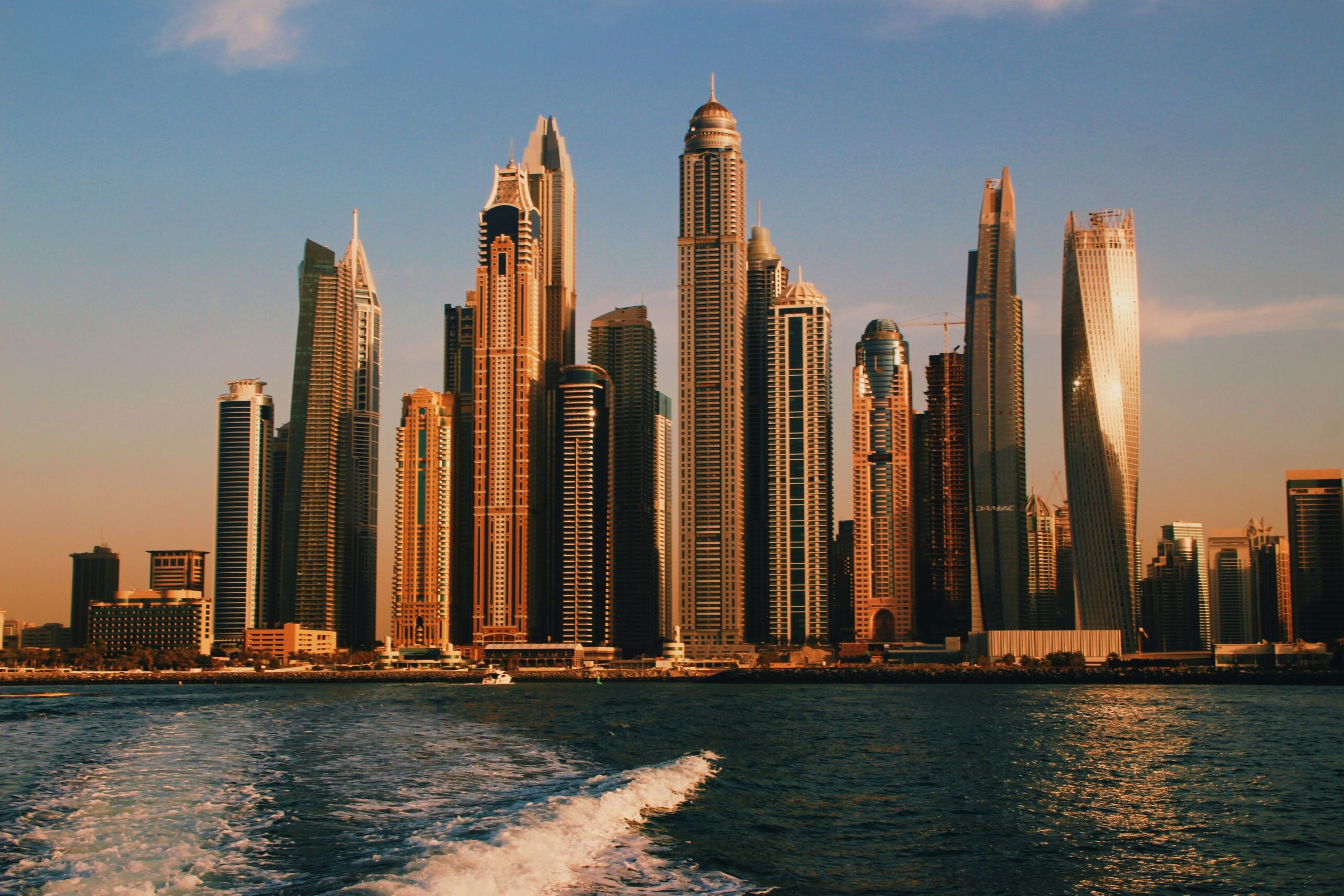
13. Tax Implications Manage
One aspect that makes Dubai so appealing to investors from countries around the world is that it is free of taxes. There are no income taxes on rental earnings, nor is there any tax on profit made from sales of property in the UAE itself. On the contrary, foreign owners have to worry about taxes in their home countries while managing properties in Dubai from afar.
One of the examples is that UK tenants pay CGT (capital gains tax) on sales of property abroad at rates of 18%-28%, depending on which income bracket they land in. Likewise, U.S.-based investors are required to report rental income for properties abroad by IRS regulations, and may be subjected to federal income tax after accounting for the allowable deductions like maintenance costs and depreciation.
14. Consider Off-Plan Property Management
This is why lots of investors flock to Dubai to get off-plan properties. Though affordable when buying upfront, off-plan properties also constitute huge returns in value during their completion stage, rush into demand, and high rents.
But managing one’s off-plan property remotely becomes a unique art, requiring a proper and bespoke management strategy, to ensure seamless progress during the construction phase and beyond.
Therefore, acquiring off-plan units remotely almost always necessitates a tie-up with renowned developers like Emaar, Nakheel, or Damac Properties. Such developers can constantly update clients through specific apps or portals to know the construction status of foundation laying, interior finishing, etc. Innovative payment plans normally tied to construction progress and not demanding upfront lump sums are other features from many developers to ease remote owners’ cash flow management.
15. Networking Locally
You certainly want to build a good reliable local network in order to manage properties seamlessly from overseas. Your buildset will comprise real estate agents, legal advisors, and contractors to property managers, and enable you in handling all issues regarding your investment without the need for one to be present.
You will find agents to be your strongest ally because they will give you a good insight into the rental market’s ups and downs. They can also help you tap into emerging investment hotspots like Al Furjan or Dubai South, which are getting more interesting compared to prime but centrally located areas like Downtown Dubai and Palm Jumeirah.
“Dubai’s real estate market continues to showcase its resilience and appeal as property sales experienced a 31% surge in the first half of 2024. This robust growth has prompted industry experts to forecast continued strength in property sales, rising values, and rapid absorption of new inventory through the remainder of the year,”
said analysts at Elite Merit Real Estate.
Remote management of properties in Dubai combines technology, legal compliance, and strategic partnerships. Property management Dubai firms, along with technology and market intelligence, are used to optimize returns and minimize risks for foreign owners. Focus on tenant screening; upgrades for smart homes; and dynamic pricing are imperative to remain competitive.
With the Dubai real estate market capacity set to increase due to Expo legacy projects and rising population numbers, this strategy will see remote ownership stay attractive to investors.

Invest in Dubai with Realanter
Find your perfect investment with Dubai’s top developers with our expert guidance.
FAQ
Across the city, fees range from 5% to 20% of the monthly rent, depending on the services required, such as maintenance and tenant screenings and legal services.
Yes, but it requires a DTCM license and a local co-host to assist with check-ins. Co-hosting companies like Deluxe Holiday Homes manage them.
RERA noncompliance may lead to fines. Always work with licensed property managers.
You can use ServiceMarket or other similar platforms to locate contractors who are reasonably vetted and available around the clock.
Absolutely, especially if a professional conducts it with AI tools for detecting maintenance issues.

